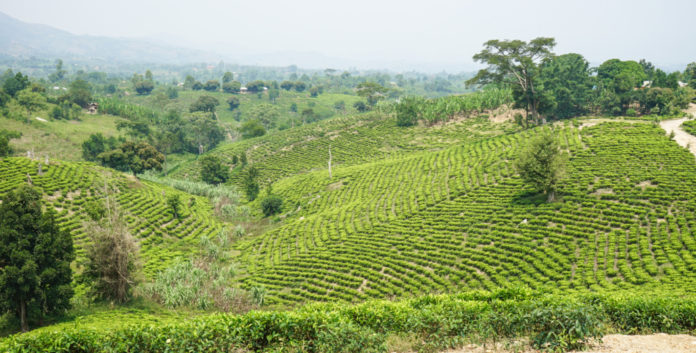A new report by International Trade Administration to the UN’s Food and Agriculture Organisation has revealed that Uganda’s fertile land can feed about 200 million people
The report says 80 percent of Uganda’s land is arable but only 35 percent is being cultivated. In the fiscal year 2020-2021, agriculture accounted for about 23.7 percent of Gross Domestic Product, and 31 percent of export earnings.
Uganda Bureau of Statistics data shows that about 70% of Uganda’s working population is employed in agriculture. The country produces a wide range of agricultural products including coffee, tea, sugar, livestock, fish, edible oils, cotton, tobacco, plantains, corn, beans, cassava, sweet potatoes, cassava, millet, sorghum, and groundnuts.
Commercialization of agriculture
“Investors consider Uganda’s agricultural potential to be among the best in Africa, with low temperature variability, fertile soils, and two rainy seasons in the country – leading to multiple crop harvests per year,” the report shows.
According to the report, commercialization of the sector is impeded by farmers’ limited use of fertiliser and quality seeds, and a lack of irrigation infrastructure – rendering production vulnerable to climatic extremes and pest infestations. Sector growth is also impaired by the lack of quality packaging capabilities, insufficient storage facilities, poor post-harvest handling practices, shortage of agricultural credit and high freight costs.
However, there are significant investment opportunities in Uganda’s agriculture sector, including in production, input supply, value addition processing, standards compliance and export, and post-harvest handling.









